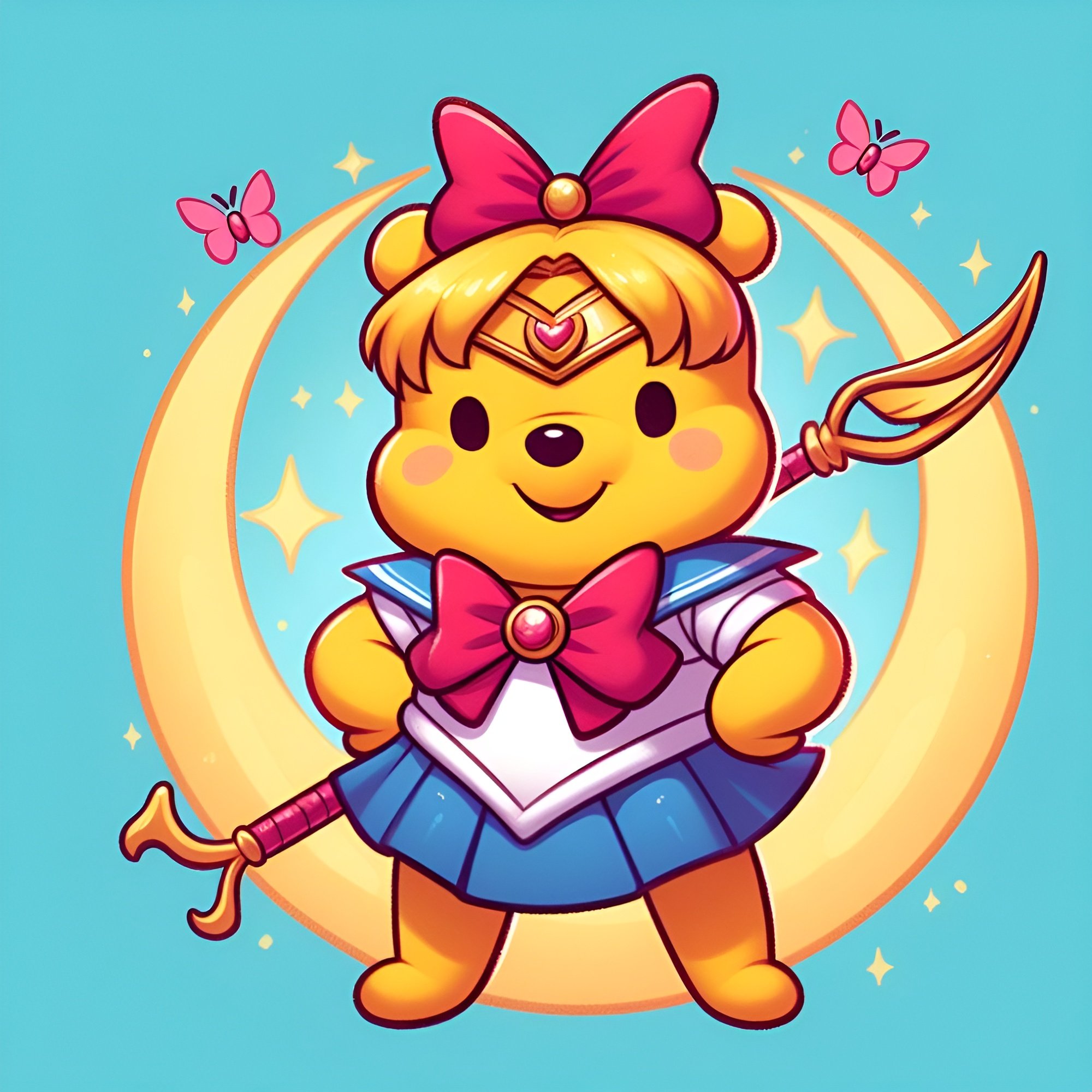Article is 2 years old, but it’s a happy article and I wanted to post it anyways.
EDIT: For anyone curious, here’s a link to her Douyin page: https://www.douyin.com/user/MS4wLjABAAAAC-deOgCmNN2bIugq3od6LBI-Ws7Pn8EuLwWBjZg-ghg It says she has 11.151 million followers and 170 million likes, which is awesome.


How to define chasing is a difficult subject. For example, atm i date other trans people exclusively (which is known as t4t), that doesn’t make me a chaser. It just means that i find myself emotionally most comfortable among people who have the same experience, intuitively know needs of mine that cis people will always struggle to understand and that we can give comfort to each other naturally, with the smallest efforts. I also find it liberating for myself and healing for my self-image to experience the bodies of other trans people as beautiful and desirable, to recognize that we can be cherished the way we are, that there is a unique wonder in being part of each others’ transformative years. There’s a very strong tendency in the trans community for t4t dating and while there’s some idealization to it, i can generally say that it helps us a lot to have that kind of bond.
With prototypical chasers, it’s a wholly different issue. There is no respect for our experience, only a manipulative exploitation of our needs, playing on our vulnerabilities, treating us as disposable objects. Or these approaches are so unbelievably rude i can’t call them anything but sexual harassment. That’s hardly surprising, as chasing is often heavily interlinked with transphobia, i’d go as far as to say that almost all transphobic men are secretly chasers as well. There is a strong fetishistic aspect to it that disregards our interests and completely subjugates them to the sexual impulses of the chaser. For example, a lot of them are only interested in unoperated trans women, ignore the massive amounts of dysphoria many of us have around our genitals and around things like topping a partner and taking on stereotypically masculine roles in sex. This is vastly different from a t4t attitude towards unoperated or pre-operated trans people, where there’s widespread acceptance of and affection for all kinds of transfeminine genitals that places the well-being and comfort of our lovers over anything else.
When we look at society at large, how trans celebrities are seen usually falls somewhere inbetween these extremes, but it’s almost always at least a bit problematic. There’s always some kind of othering and exoticizing involved in how we are portrayed, but i think there’s also a genuine and heartfelt fascination with us, even though it’s often strongly transmedicalist and overemphasizes efforts to be as cis-passing as possible. The quote you provide is a good example for this, for the surprised, wide-eyed wonder how much one of us can look hyperfeminine. I get that, i’ve seen tons of transition timelines and many still make my jaw drop, but it’s a fine line to walk. We tend to suck up compliments like a sponge, but it’s obviously very harmful to set celebs like this as the standard we all have to live up to.
I also wouldn’t ask where the mysogyny starts and the transphobia ends, these are almost always interlinked when we’re talking about transfemmes. Transmysogyny is an actual field of study among trans scholars and has been since Julia Serrano first published Whipping Girl.
Thanks a lot for this explanation. There’s obviously much more going on than just can be simply understood and I will continue reading, especially knowing there’s more studies in the field. Whipping Girl goes next in my list